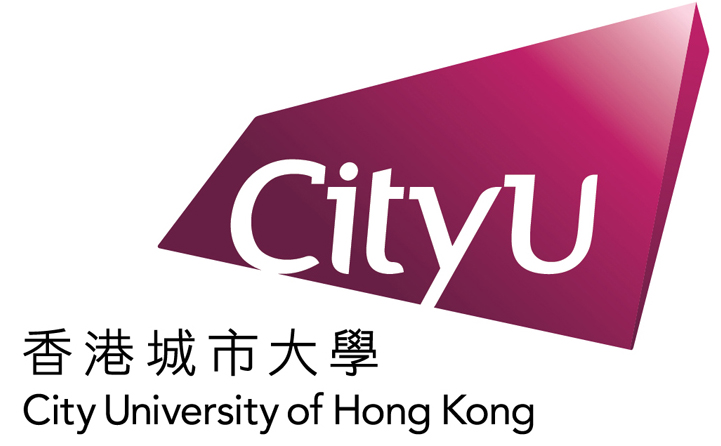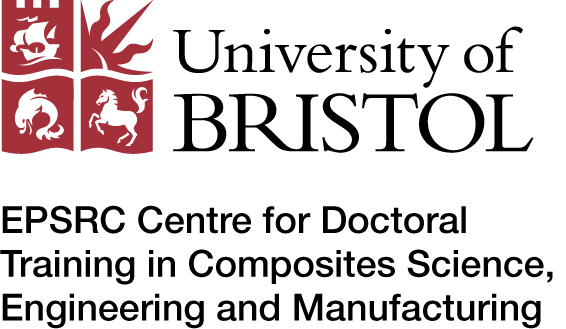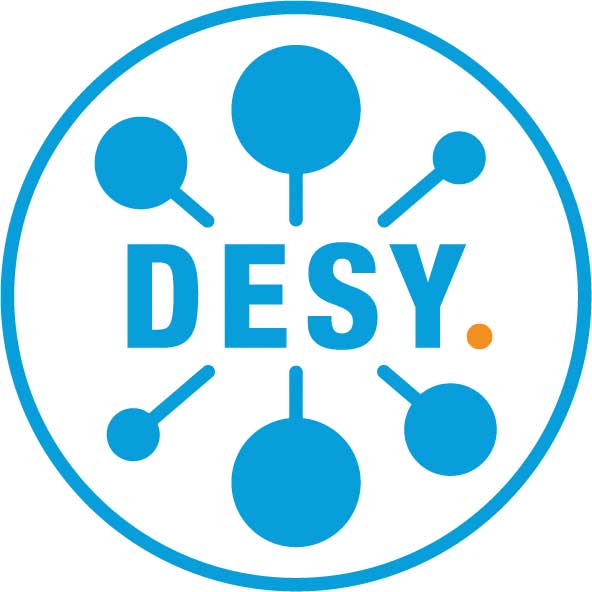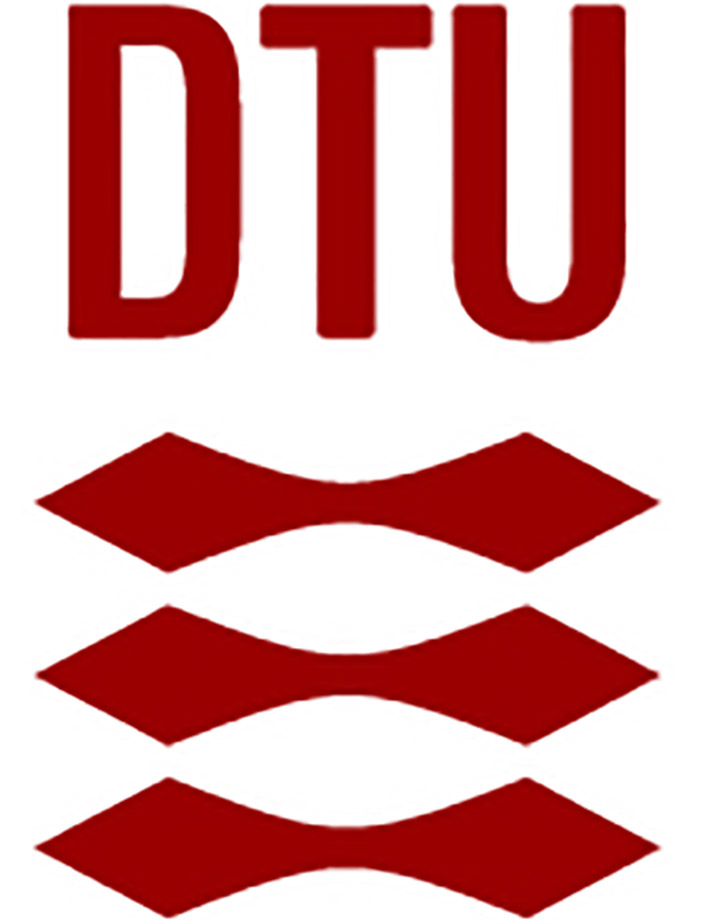DTU wish to employ a PhD student for 36 months to carry out research in terahertz-driven electronics based on high-quality graphene devices, and study their time-resolved ballistic transport properties. These investigations pave the way for “lightwave electronics”; a route to high-speed processing using “light” pulses to generate transient currents in electronic devices and read out the response using microscale antennas.
You will
- Design and create encapsulated graphene devices using van der Waals heterostructures, with nanoscale gates allowing control of the local Fermi energy (electron optics).
- Characterise the devices using room temperature and cryogenic electrical measurements.
- Measure the time-resolved response using combinations of electrical and ultrafast measurement methods, in collaboration with Peter Uhd Jepsen terahertz group at DTU Photonics.
- Work within a friendly, cross-disciplinary, highly competent team featuring both experimentalists and theorists.
- Stay 6 months at Dean/Hone lab at Columbia University to fabricate devices.
Ideal candidates
- Are academically curious and think deeply and creatively.
- Communicate well in both written and spoken English.
- Are empathetic, kind, and enjoy working with others from diverse backgrounds.
- Take responsibility for the progress and quality of their projects.
We are committed to increasing diversity in science: all interested candidates irrespective of age, gender, race, disability, religion or ethnic background are encouraged to apply.
Qualifications
You must have a two-year master’s degree (120 ECTS points) in physics, engineering or a similar degree with an academic level equivalent to a two-year master’s degree. We will favor applicants with a solid theoretical and experimental background within solid-state physics.
Other relevant qualifications include
Experience and insight in transport measurements in low-dimensional systems, van der Waals heterostructures and 2D devices, cleanroom device fabrication and nanolithography (i.e. EBL), Characterisation techniques for graphene such as Raman spectroscopy, SEM, TEM and AFM (including c-AFM and KPFM) and Terahertz physics, modelling of transport in 2D materials.
Approval and enrolment
The scholarship for the PhD degree is subject to academic approval, and the candidate will be enrolled in one of the general degree programmes at DTU. For information about our enrolment requirements and the general planning of the PhD study programme, please see the DTU PhD Guide.
Assessment
The assessment of the candidates will be made by Professor Peter Bøggild.
We offer
DTU is a leading technical university globally recognized for the excellence of its research, education, innovation and scientific advice. We offer a rewarding and challenging job in an international environment. We strive for academic excellence in an environment characterized by collegial respect and academic freedom tempered by responsibility.
Salary and appointment terms
The appointment will be based on the collective agreement with the Danish Confederation of Professional Associations. The allowance will be agreed upon with the relevant union. The period of employment is 3 years. Candidates should be prepared to start no later than September 1, 2021.
You can read more about career paths at DTU here and the PhD study programme here.
Further information
Further information may be obtained from Professor Peter Bøggild (pbog@dtu.dk).
You can read more about the Department of Physics and the NANOMADE research section at www.fysik.dtu.dk/english/Research/NANOMADE.
If you are applying from abroad, you may find useful information on working in Denmark and at DTU at DTU – Moving to Denmark.
Application procedure
Your complete online application must be submitted no later than 1 July 2021 (Danish time). Apply online at www.career.dtu.dk.
Applications must be submitted as one PDF file containing all materials to be given consideration. To apply, please open the link “Apply online”, fill out the online application form, and attach all your materials in English in a single PDF file. The file must include:
- A letter motivating the application (cover letter).
- Curriculum vitae.
- Grade transcripts and BSc/MSc diploma.
- Excel sheet with translation of grades to the Danish grading system (see guidelines and Excel spreadsheet here).
You may apply prior to obtaining your master’s degree but cannot begin before having received it.
We are committed to increasing diversity in science; all interested candidates irrespective of age, gender, race, disability, religion or ethnic background are encouraged to apply.
Video application (optional)
You also have the opportunity to submit a 5-15 minutes video where you (1) present yourself and your background, (2) motivate your application and (3) show us some of the work you have done in your master’s project. It is straightforward to record in powerpoint (voice) or in zoom (voice and video). You can email a link to the video (dropbox, bublub or wetransfer) to pbog@dtu.dk with “DTU PhD video” in subject. Please note that you still have to formally apply; this is just a great optional way for you to present yourself and what you have worked on.
The NANOMADE section at DTU Physics and our facilities
DTU Physics conducts cross-disciplinary research where micro- and nanotechnology is applied to a wide range of scientific disciplines (electronics, mechanics, chemistry, optics, fluidics, medical and biotechnology) as well as applications. The Nanoscale Materials and Devices section (NANOMADE) at DTU Physics is focused on basic and applied research, and with strong international collaborations. The 2D Electronic Materials group led by Peter Bøggild is involved in the EU Graphene Flagship and DNRF Centre of Excellence: Center for Nanostructured Graphene. We are daily users of the 1500 m2 state-of-the-art cleanroom facility, DTU Nanolab (try the virtual tour of the cleanroom) as well the worldclass electron microscopy center DTU Cen. Our own facilities include labs for characterisation, oxygen-free processing (glovebox) and high temperature synthesis (of 2D materials), an Oxford 12T Teslatron cryostat and access to dilution cryostats via our neighbors at DTU Energy.
Technology for people
DTU develops technology for people. With our international elite research and study programmes, we are helping to create a better world and to solve the global challenges formulated in the UN’s 17 Sustainable Development Goals. Hans Christian Ørsted founded DTU in 1829 with a clear vision to develop and create value using science and engineering to benefit society. That vision lives on today. DTU has 12,900 students and 6,000 employees. We work in an international atmosphere and have an inclusive, evolving, and informal working environment. Our main campus is in Kgs. Lyngby north of Copenhagen and we have campuses in Roskilde and Ballerup and in Sisimiut in Greenland.
Expired






